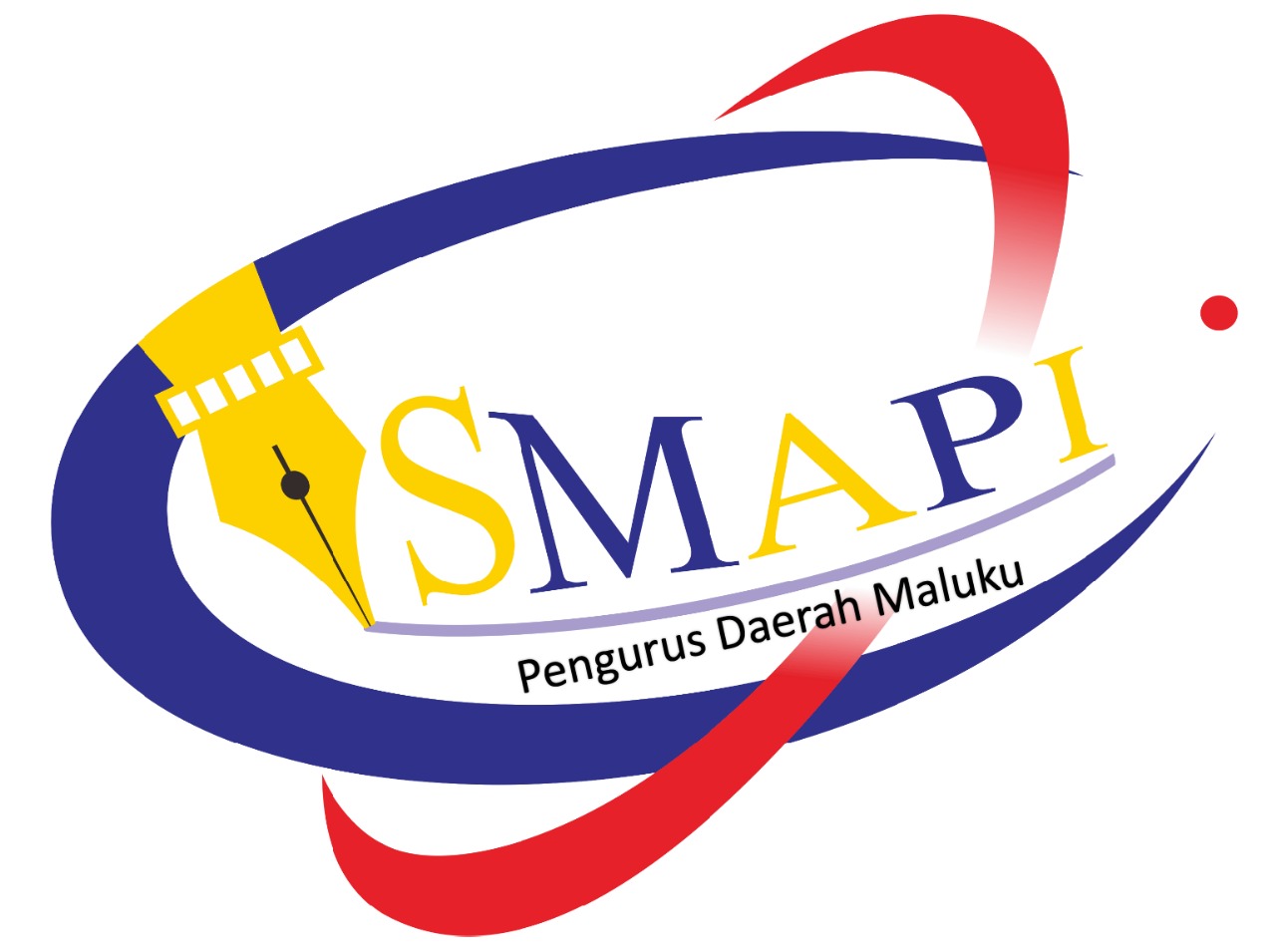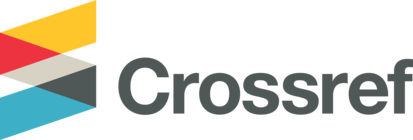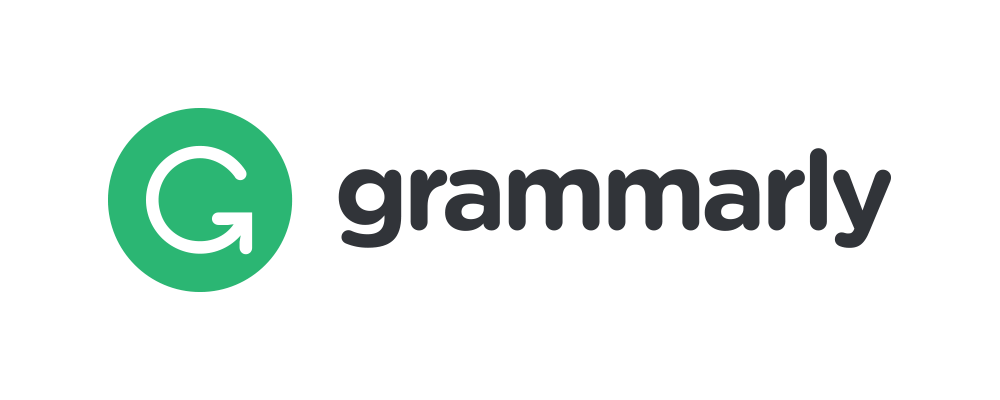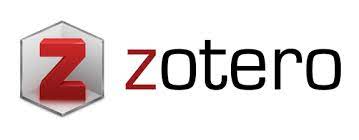THE ROLE OF FAMILY SUPPORT IN ENHANCING PSYCHOLOGICAL WELL-BEING AMONG FINAL-YEAR EDUCATION STUDENTS
DOI:
https://doi.org/10.59397/edu.v3i2.134Keywords:
Eudaimonic well-being, Family support, Final-year undergraduates, Psychological well-being, ThesisAbstract
Final-year undergraduates face intense academic pressures, supervisory dynamics, and career uncertainty that can erode psychological well-being (PWB), while family support often serves as a primary resource in collectivist contexts. Objective: to assess the association between family support (emotional, informational, instrumental, appraisal) and Ryff-based PWB among final-year students. Quantitative correlational design at FKIP–Sanata Dharma University; sample n = 278 (Cohort 2021); 42-item family support scale (α = 0.969) and 39-item PWB scale (α = 0.918) using a 4-point Likert format; two-tailed Spearman’s ρ employed due to non-normality. Results: a strong positive association emerged between family support and PWB (ρ = 0.782; p < .001); family support levels were predominantly High/Very High (71.6%), as was PWB (70.5%), with only a small minority in lower categories. Higher perceived family support corresponds to better eudaimonic functioning (self-acceptance, autonomy, environmental mastery, positive relations, purpose in life, personal growth) during the thesis phase. Findings guide student services to screen for low family support and provide compensatory scaffolds (peer mentoring, writing/financial clinics) alongside autonomy-supportive family psychoeducation; at the policy level, they support enhancing advising capacity and structured family touchpoints at thesis milestones. Suggestions: future longitudinal, multivariate studies should test mediators (resilience, self-efficacy) and moderators (gender, SES, living arrangement), and differentiate support quality (autonomy support vs. control) in relation to specific PWB dimensions.
Downloads
Published
How to Cite
Issue
Section
Citation Check
License
Copyright (c) 2025 EDUCATIONE

This work is licensed under a Creative Commons Attribution 4.0 International License.




















